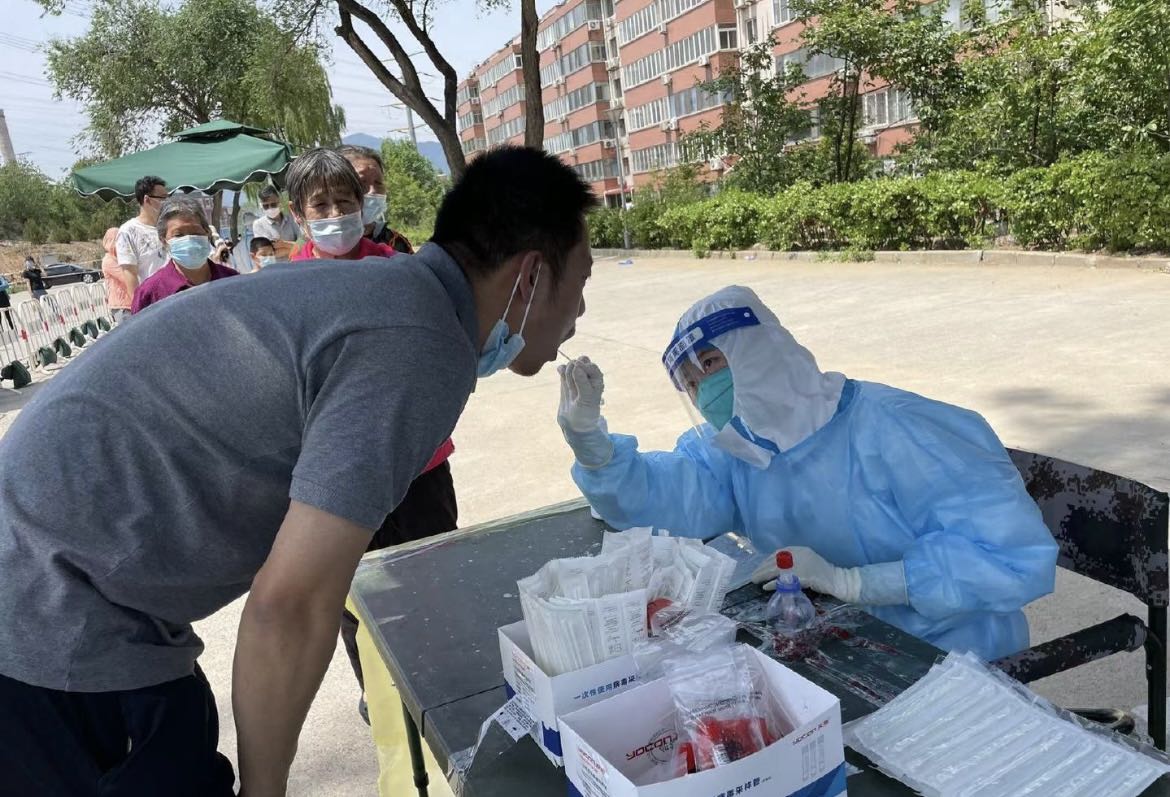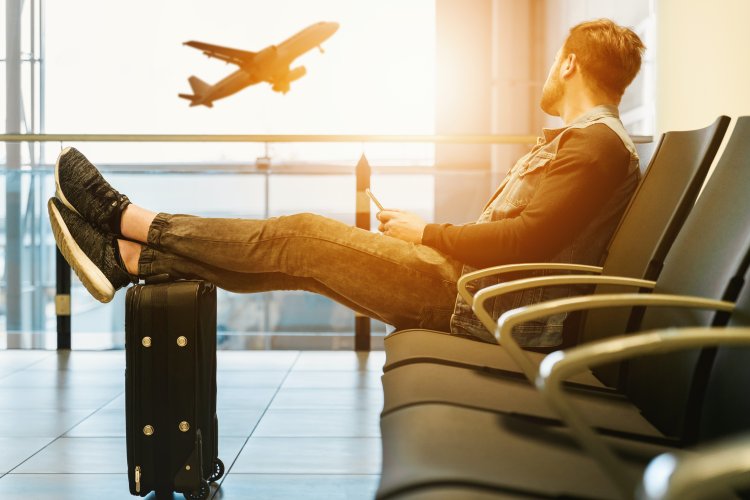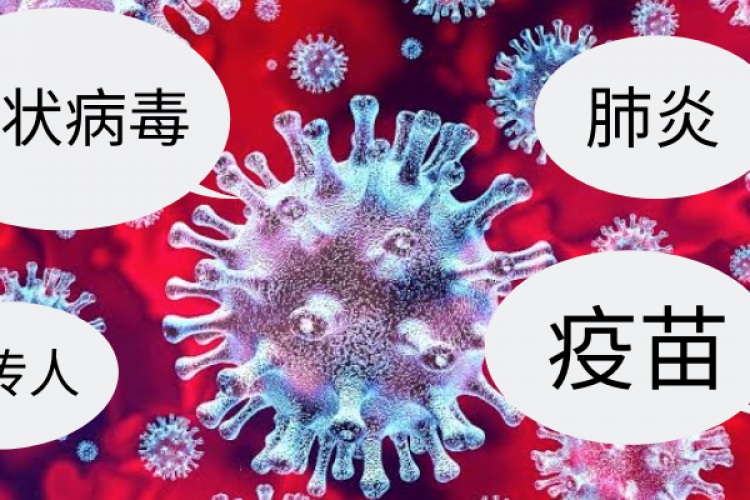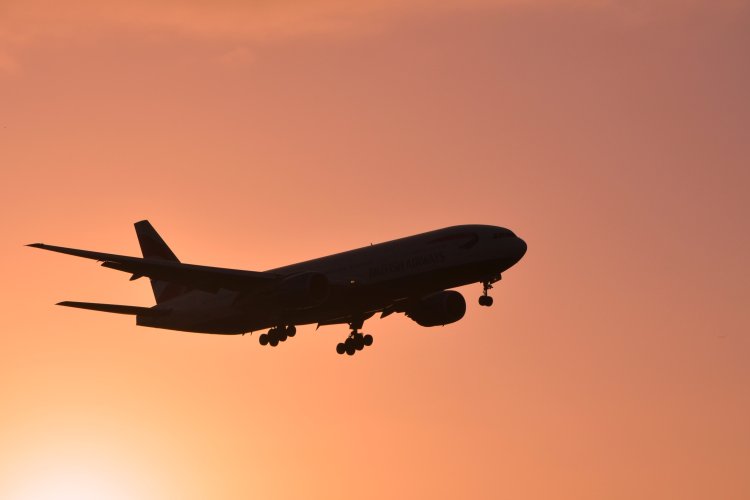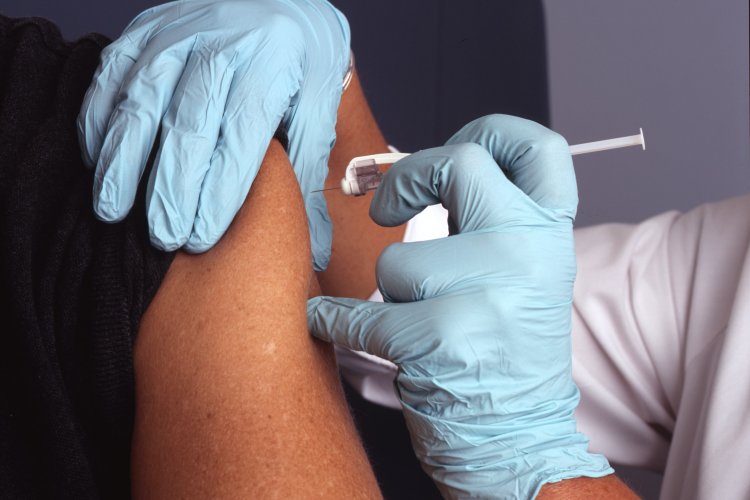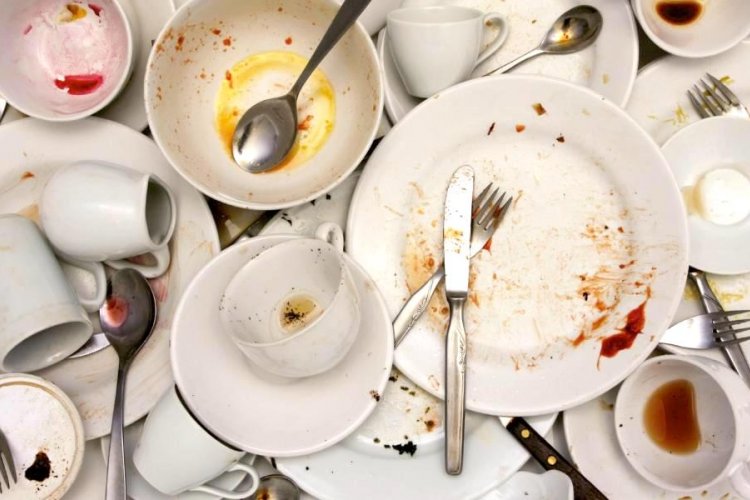Don't Drink Water Before a Covid Test, and Other Covid-Related Myths
In what may seem like an unending spate of required nucleic acid testing in recent weeks, a number of tips about Covid and testing have popped up across the Chinese web, with ones that sound like they could be true, like to refrain from drinking or eating anything before a Covid test, getting mixed up with downright irresponsible ones, like claims that drinking liquor can cure coronavirus. But are the tips that sound true based on actual science, or are they merely myths and mafan?
To find out the truth, I asked Wang Xinxia, deputy director of the respiratory infections department at Beijing Anzhen Hospital.
First of all, is it better to not drink water or eat anyting before a Covid test? Will it have any affect on the results at all?
In clinical practice, eating or drinking anything will not affect your nucleic acid test. Covid tests are there to check for genetic materials like viruses or pathogens, namely through testing DNA or RNA, which are unique to everyone and cannot be interfered with by food. Therefore, you can rest assured that whatever you eat, it will not affect the result of your test results.
Can drinking warm or hot water help keep Covid at bay?
Some claims have been circulating for awhile now that drinking water, or keeping the mouth from getting dry, will protect your from Covid. It is important to understand that coronavirus cannot be rinsed or washed out of the throat or nasal passage in any way. Currently, there is no data suggesting that any drug or food can prevent coronavirus infection. Drinking lots of water does not prevent coronavirus infection, nor does it prevent the virus from entering the respiratory tract.

Is it true you can disinfect your mask by microwaving it?
No, the high temperature and high pressure can only damage your mask and make it less protective. Some of these masks might even contain metal and may cause a fire or an explosion. If you have only used your mask for a short period of time, you don't need to replace it, it is best to store them in a clean, airtight bag.
Some people believe dropping sesame oil in their nostrils can block virus infection, is it true?
No. Nose hair can prevent dust and other particles in the air from entering the human body. Your nose will produce mucus to absorb dust and particles in the air. This mucus contains antibodies to help kill some pathogens. When you drop sesame oil in your nose, it can make your nose hair wet and sticky, therefore inhibiting the function of the membranes and their ability to sterilize.

Is it true taking Vitamin C can prevent infection?
No. While Vitamin C is an essential substance for the human body, and it can maintain the immune function of the human body, it doesn't have a direct inhibitory effect on Covid. There is a certain limit on the intake of Vitamin C, and if you take too many vitamin pills, there may be some side effects.

Let's turn now to test results. How likely is it to get a false-positive result?
Generally speaking, it is very unlikely for Covid tests sites to produce false-positives. If it happens, it may be due to the contamination of the samples.
How likely is it to get a false-negative result?
It is more likely to get a false-negative result than a false-positive result, especially when it comes to self-testing. The biggest culprit for false-negative results is shoddy testing. When people are using cotton swabs to test themselves, they might not be able to collect the parts that are infected with viruses, and this can result in false-negative results.
If you ever get a home test kit and your result is negative, this means you are probably not infected, but there is no guarantee that your result is 100% accurate.
Read: Quarantined One Day After Giving Birth To Baby – New Mom Tells It All
Images: Weibo

